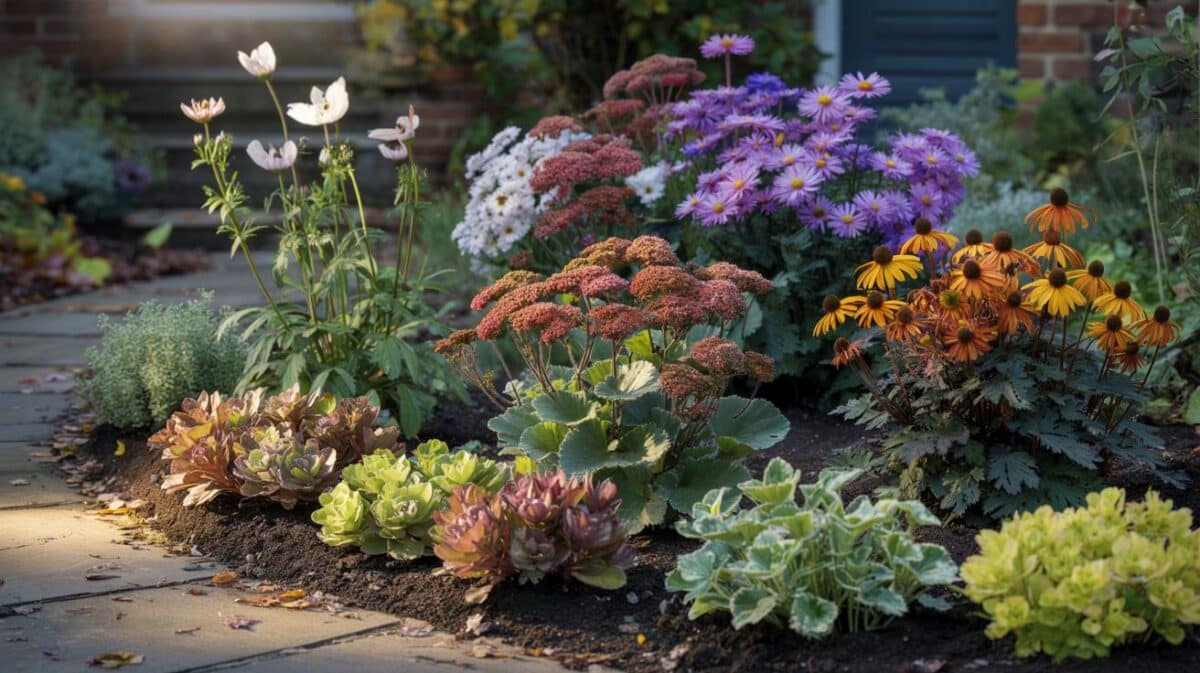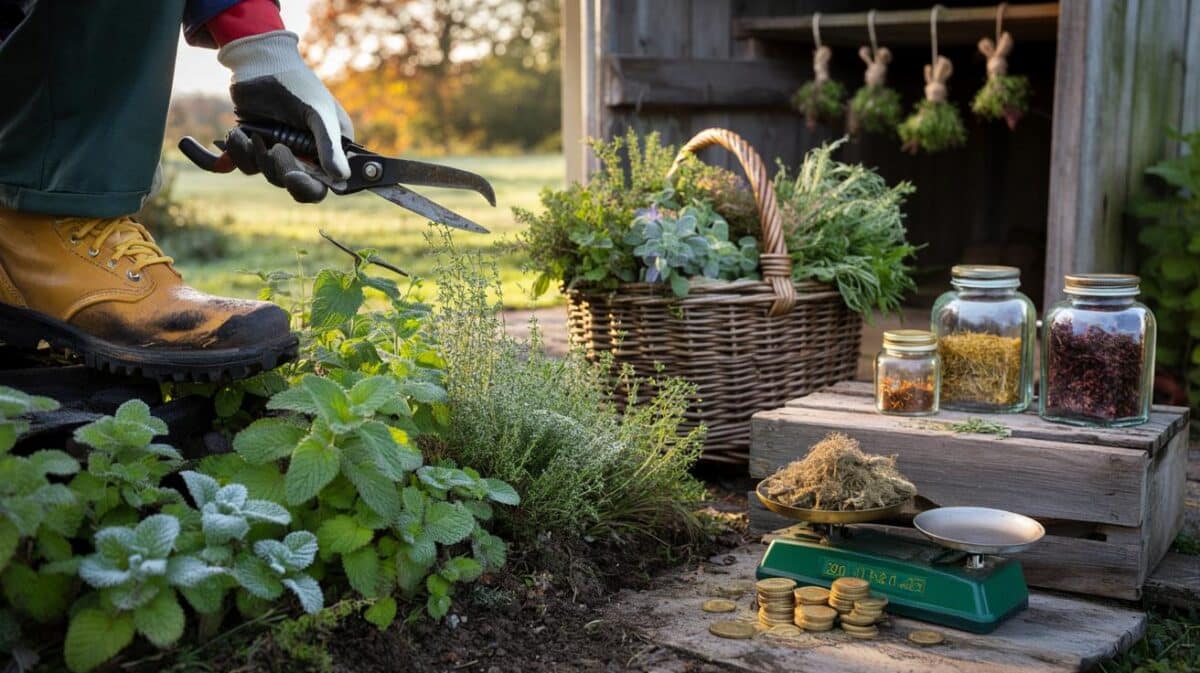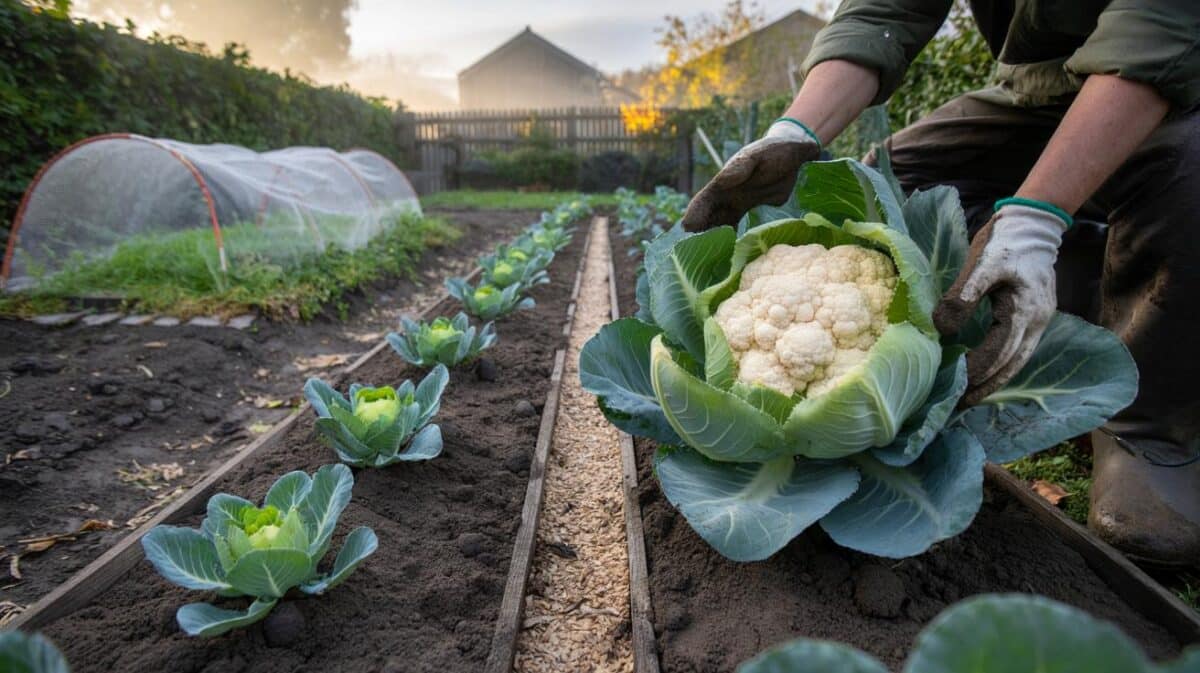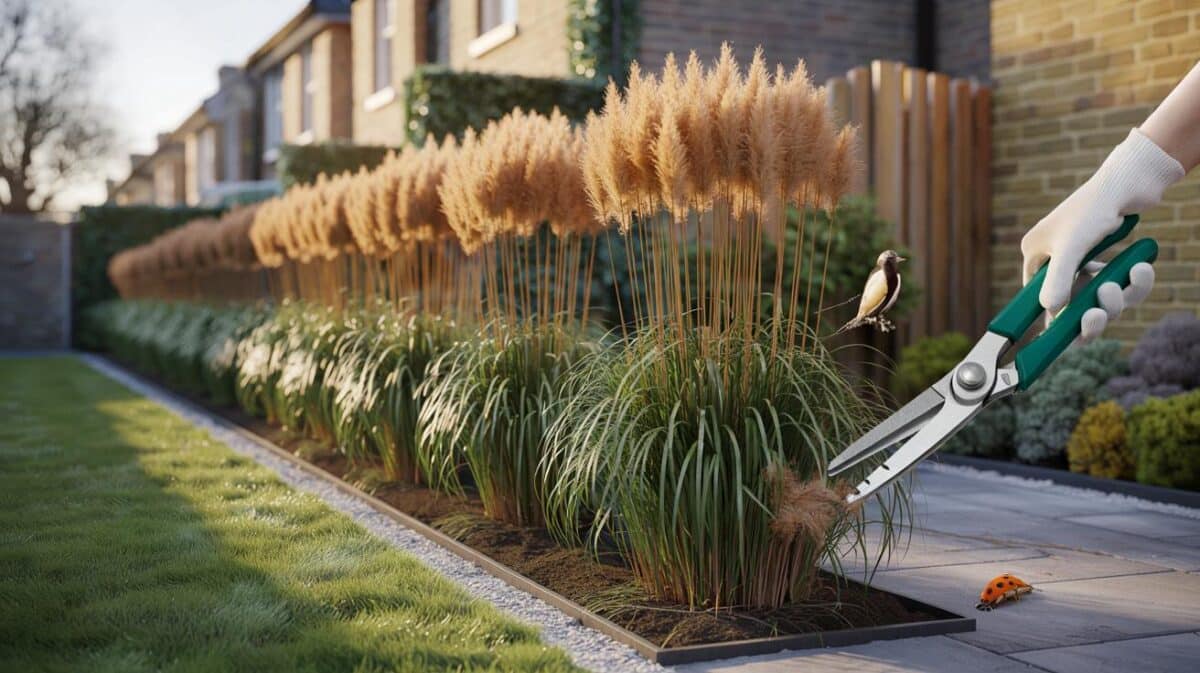Gardens can turn into safe rest stops as winter nears.
Across Britain, hedgehogs are fattening up and seeking quiet corners before the long winter sleep. Gardeners keep asking the same thing: what single move makes your patch a regular stop on their nightly route?
The small thing that keeps them coming back
Put out a shallow bowl of fresh water at ground level. That single gesture brings thirsty hedgehogs back, night after night. Dry spells in autumn leave scarce puddles. Food may exist, water often doesn’t. A predictable water source becomes part of their mental map, and they revisit.
Place a shallow bowl of fresh water at dusk, replace it at dawn, and repeat daily through autumn and winter.
Pick a low, heavy dish so it won’t tip. Place it in a quiet, shaded spot near cover, not in the open. Keep pets away. Clean the bowl with hot water only; avoid detergents that leave residues.
- Depth: 2–3 cm so youngsters can drink without falling in.
- Location: beside dense shrubs, a log pile or a fence line used as a corridor.
- Routine: freshen each evening; ice-break on frosty mornings.
- Safety: add a small stone ramp so any insect or mouse can climb out.
Never put out milk. Hedgehogs are lactose intolerant. Milk causes diarrhoea and dehydration. Water is all they need.
Make moving easy with a hedgehog highway
Water works best when hedgehogs can reach your garden without risk. They roam up to one mile each night, and fences block them. A “hedgehog highway” solves that.
Cut a 13 cm by 13 cm square at the base of your fence or gravel board to link gardens safely.
Mark the hole at ground level, check for cables, then saw carefully. Ask neighbours to do the same so a whole street opens up. Position your water bowl within a few metres of that route so first-time visitors find it fast.
Food that helps, food that harms
Water comes first. Short on natural prey, hedgehogs welcome a small snack. Keep it simple and modest.
| What to offer | Why it works | How much |
|---|---|---|
| Dry “hedgehog” biscuits or meaty cat food | Protein-rich, easy to digest, supports weight before hibernation | A heaped tablespoon at dusk; remove leftovers at dawn |
| Fresh water only | Prevents dehydration; vital in cold, dry spells | Top up nightly |
| Never: milk, bread, mealworms, peanuts | Milk upsets digestion; bread is poor nutrition; mealworms/peanuts skew calcium | Do not provide |
Why shelter draws them in
Hedgehogs choose gardens that feel safe. Dense cover reduces stress and keeps them off exposed lawns where owls, foxes and dogs patrol. Simple structures transform a tidy patch into a welcoming one.
- Log pile: stack in a shaded corner; it shelters hedgehogs and breeds beetles and woodlice for food.
- Leaf pile: sweep leaves under shrubs rather than binning them; they make warm bedding.
- Compost heap: keep one side undisturbed; avoid turning it at night in autumn.
- Hedgehog house: place in a quiet spot with the entrance facing away from prevailing wind.
A wild corner made from logs, leaves and prunings feeds insects, buffers the wind and gives hedgehogs a place to rest and hibernate.
Bonfire Night checks that save lives
Garden bonfires look like perfect nesting spots to a hedgehog. Build them on the day you light them, not days in advance.
- Rebuild the pile just before lighting to disturb any wildlife inside.
- Check with a torch and a long stick, listening for rustling.
- Leave an escape route; light from one side only.
- Keep water available nearby in case a hedgehog flees through hot ash.
Set up your water station in five minutes
Use a terracotta saucer or a heavy ceramic dish. Add two small pebbles for grip. Tuck it beside a shrub where a hedgehog would feel covered on approach. If cats drink it dry, place a low mesh tunnel over the dish so only hedgehogs can slip under.
Consistency matters. A bowl in the same place at the same time teaches hedgehogs your garden is worth the detour.
Are hedgehogs visiting? Signs to watch
You rarely see them in person, so read the clues they leave behind.
- Dark, cigar-shaped droppings with shiny beetle bits near paths or bowls.
- Small, five-toed footprints in damp soil or on a sand pad left overnight.
- Scuff marks under fences where they squeeze through.
- Trail-camera clips between 10pm and 3am if you have one.
A seven-night plan that boosts your odds
Night 1–2: Cut the 13 cm fence hole and place the water bowl within 3–4 metres of it. Night 3–4: Add a heaped tablespoon of hedgehog biscuits beside the bowl. Night 5: Create a small log-and-leaf corner nearby. Night 6–7: Keep the timing the same; refresh the water just after dusk. Most gardens that sit on a hedgehog route record activity within a week.
When to step in and when to stand back
Healthy hedgehogs move with purpose and curl when picked up. A hedgehog out in daylight in cold weather may be in trouble. If you find a very small hedgehog in late autumn, weigh it. Under roughly 450 g in October or November suggests it needs help from a local rescue; keep it warm in a ventilated box with a towel and offer water until you get advice. Over 600 g and active at night usually means it’s coping; keep the water and the small feed going.
If it’s out in daylight, cold, wobbly, or under 450 g in late autumn, call a local wildlife rescue for guidance.
The pay-off for you and your neighbours
Regular hedgehog visits cut slug and beetle numbers without chemicals. A linked row of gardens shares the effort: you provide water, the next house offers a log pile, someone else leaves a gap in the fence. Low cost, high return, and a bit of nightly magic for everyone.
| Action | Cost | Time | Benefit |
|---|---|---|---|
| Shallow water bowl | £0–£5 | 5 minutes daily | Repeat visits, hydration in dry and icy spells |
| 13 cm fence hole | £0–£10 | 30–45 minutes | Safe nightly passage between gardens |
| Log and leaf corner | Free | 20 minutes | Shelter, food for insects, nesting material |
If your space is a balcony or courtyard, you can still help. Place a water bowl at ground level by the entrance gate or ask your building manager to create a communal bowl and log planter near shrubbery. A small change in shared areas can serve dozens of hedgehogs that cut across the site each night.
For families, set a “hedgehog hour” at dusk: refresh the water, measure last night’s footprints on a sand tray, and note the time of any trail-cam visits. You’ll spot patterns within a week, and you’ll know which simple tweaks—moving the bowl a metre, adding leaves to the log corner—make your garden a must-visit stop on a hedgehog’s nightly tour.








I put a shallow terracotta saucer out at dusk and found tiny prints and shiny beetle bits by dawn—proof! Simple, cheap, and it works. Big thanks for the step‑by‑step.